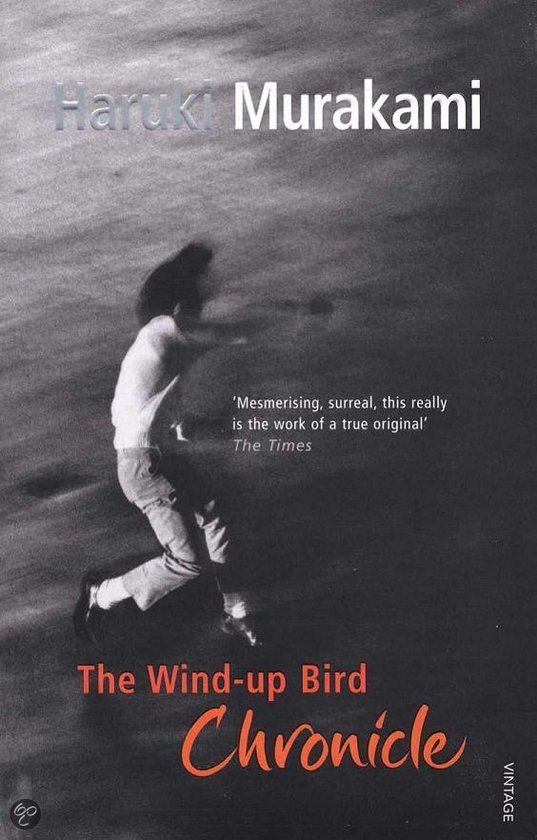

The house is famous for being cursed all its residents have met gruesome and tragic ends. Meanwhile, Toru becomes increasingly fascinated with an abandoned house in his neighborhood. Toru refuses to concede to the divorce without talking to Kumiko face-to-face. Toru is confused and filled with suspicions about Noboru Noboru and Kumiko have such a complicated and difficult relationship that it seems impossible that Kumiko would turn to him for help with Toru. Her brother informs Toru that she has left him for another man and that a quick and quiet divorce would be better for everyone. During the day, his sex dreams are amplified by mysterious phone calls from a nameless woman who tries to engage him in phone sex. Toru begins to have sex dreams about Creta. Toru meets Creta Kano, Malta’s sister and secretary, who tells him a disturbing story about being raped by Noboru.

Although Toru doesn’t believe in psychics, he is surprised when Malta Kano’s predictions come true. Honda, Kumiko’s family’s preferred spiritual guide. Malta Kano and Toru meet, and she provides Toru with coded predictions that echo those made by Mr.

Although Kumiko and Noboru have a difficult relationship due to the latter’s sociopathic tendencies and thirst for power, her entire family is invested in people who give spiritual guidance. She introduces Toru to Malta Kano, a psychic who met Kumiko through Kumiko’s odd brother, who is also named Noboru. Kumiko is worried because their unnamed cat-nicknamed Norboru-has gone missing. While his wife Kumiko goes to work, Toru takes care of the home. Toru recently left his job, choosing to take some time to think about his life’s purpose. Toru Okada and his wife Kumiko live a pleasantly normal life in Tokyo. It was named among the 10 all-time greatest Asian novels by The Telegraph and won Murakami the Yomiuri Literary Award. Published in Japan in 1994 and translated into English by 1997, The Wind-Up Bird Chronicle is regarded as a modern masterpiece. In this philosophical treatise, Murakami explores human nature and posits that nihilism and hope, light and dark, and pain and joy are all intertwined. The novel’s themes bring together classic Japanese cultural norms of nationalism and tradition with contemporary Western values of independence and popular culture.


 0 kommentar(er)
0 kommentar(er)
